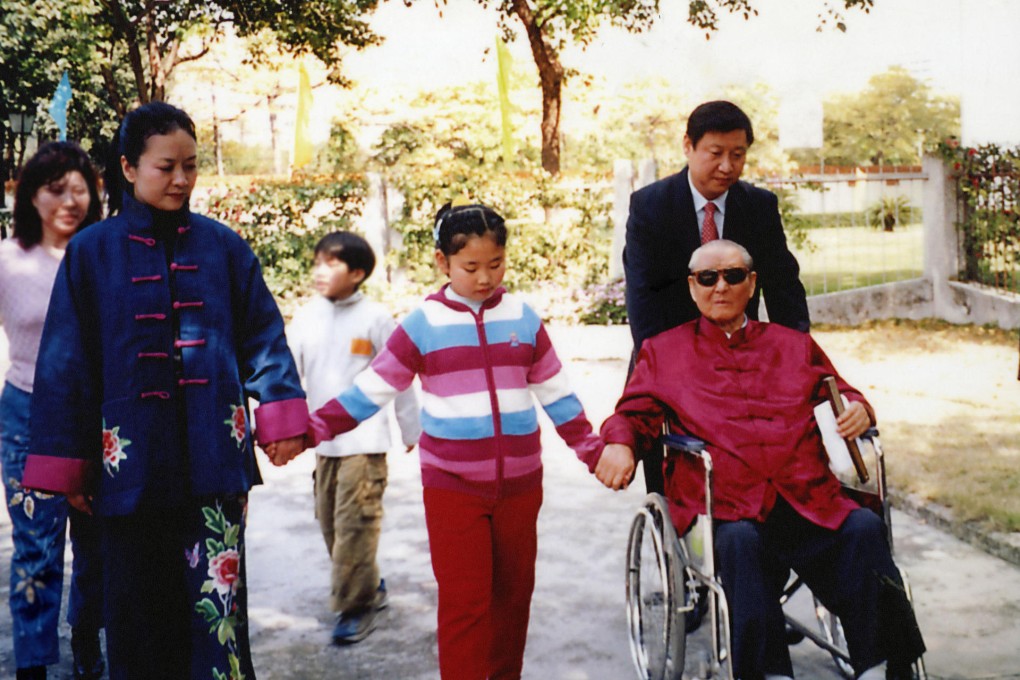Letters to the Editor, November 14, 2014
I refer to the report ("Tung sees 'no point' to talks in Beijing", November 9). This was a response by former chief executive Tung Chee-hwa to student leaders of the Occupy movement.

This was a response by former chief executive Tung Chee-hwa to student leaders of the Occupy movement who wanted to meet state leaders to discuss the political reform framework for Hong Kong.
After I read the report, I felt that the requests by students went beyond what could be considered acceptable.
The central government has made its position clear on many occasions. It would be more sensible to focus on the details of the framework given by the central government.
Also, it is time that the students started thinking about the livelihoods of other citizens.
Since the "umbrella movement" started, I have heard a lot from members of the Scholarism group talking about a free society and fair elections and asking for people to support them.